Would you volunteer to eat a dinner you knew was poisoned? That was exactly what a group of 12 volunteers did in the early 1900s. Watch the video to learn more about what they ate and how this influenced the food we eat today.


Would you volunteer to eat a dinner you knew was poisoned? That was exactly what a group of 12 volunteers did in the early 1900s. Watch the video to learn more about what they ate and how this influenced the food we eat today.

The Gilden Age, as its name suggests, was appealing on the surface, but many objectionable qualities laid below the exterior. Compare our current time period to the late 1800s.
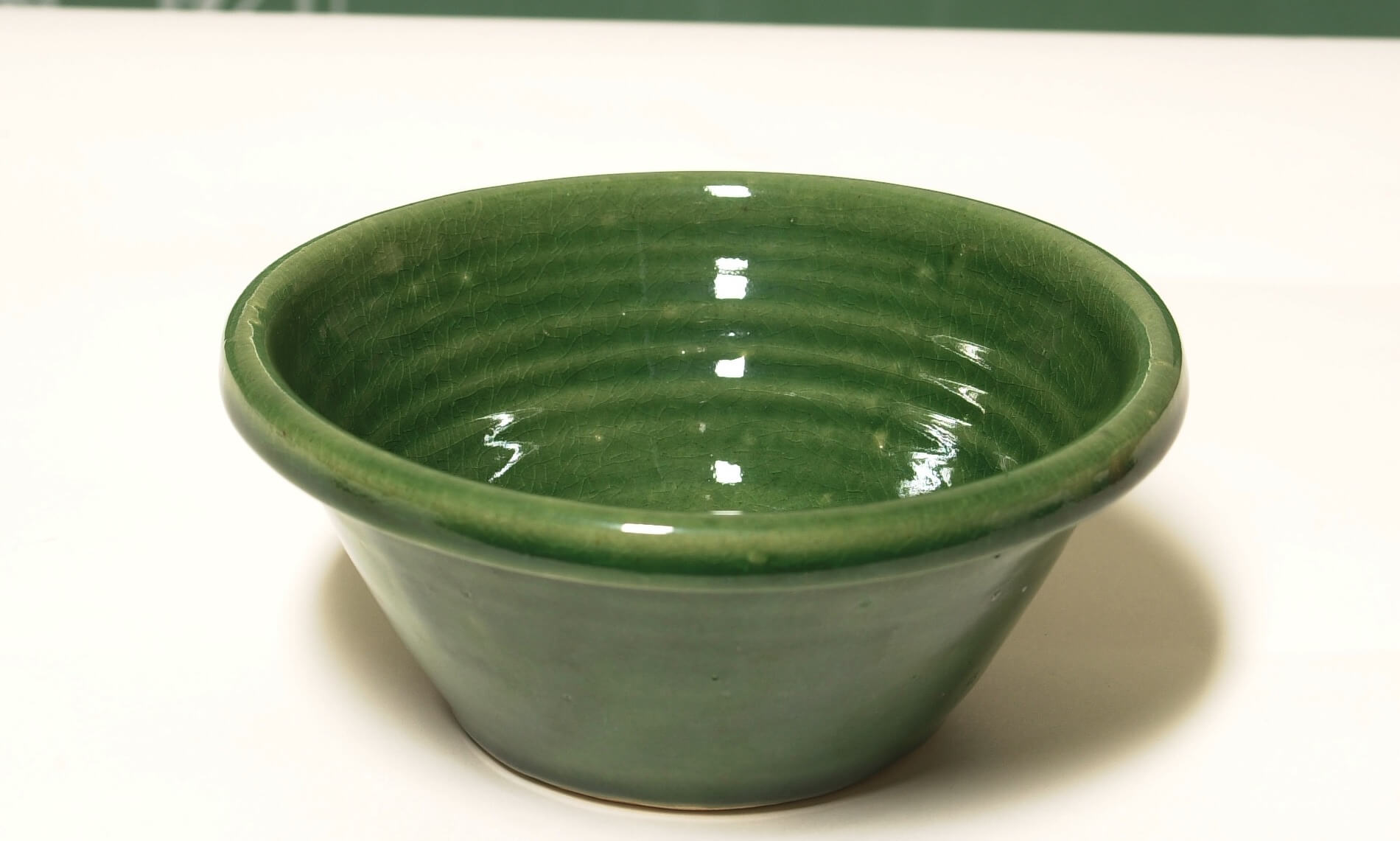
Communities across the nation take part in Empty Bowls, a grassroots movement meant to fundraise for people who are food insecure. Learn more about ways this movement is bringing about meaningful change.
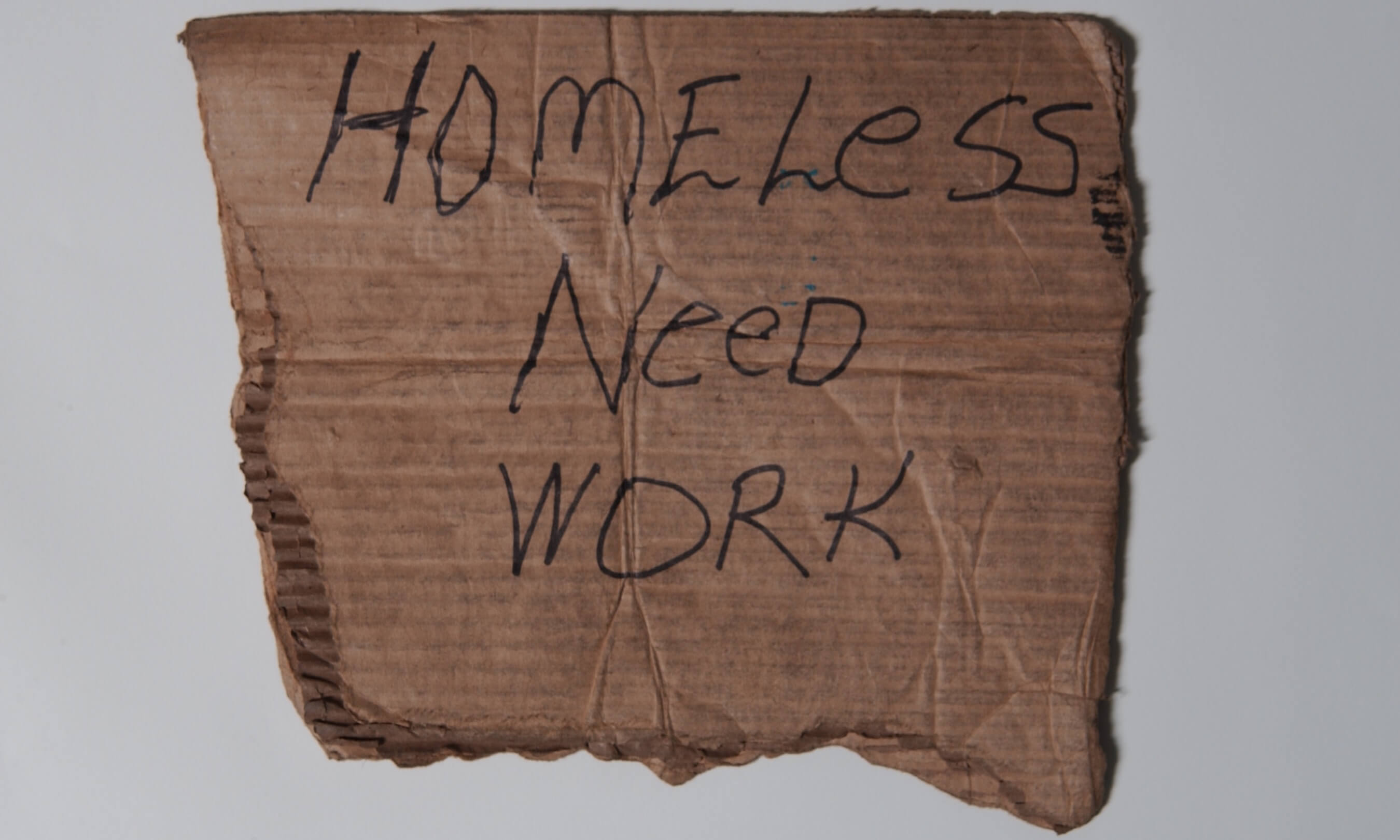
Homelessness takes many forms and has many causes. It affects over half a million people in the United States alone, and that number is on the rise. Learn about the depth of the problem and what is being done to combat it.
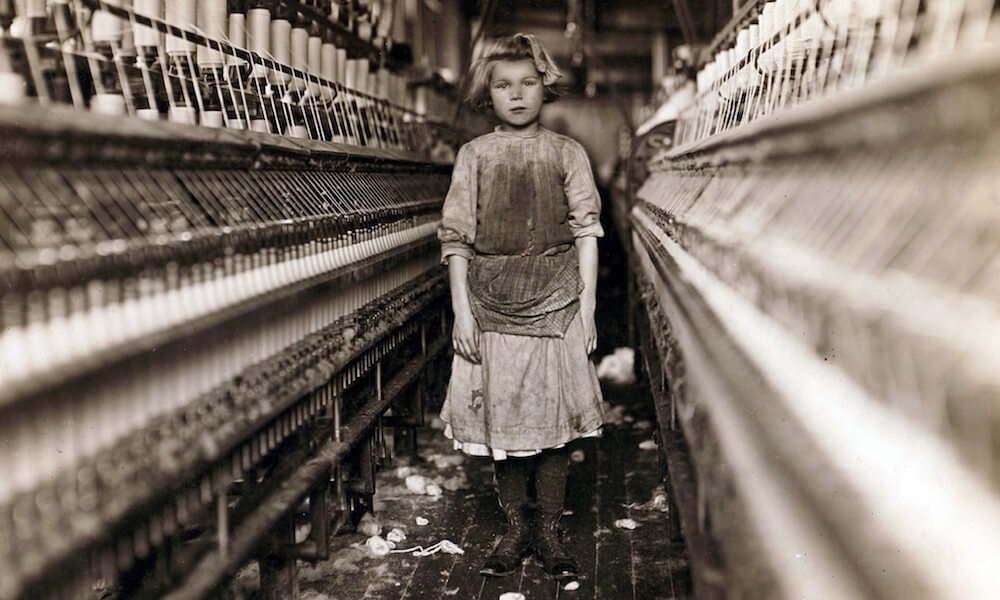
Muckrakers exposed corruption and injustices in ways that forced society to examine and confront these issues. We owe many social reforms to the efforts of these brave people.

What motivates us to be greedy? Who is likely to be more greedy: people with more or with less? Read about a study that was designed to answer questions like these.

Food industries did not always have the best interests of their consumers in mind. This is especially the case with “embalmed milk,” a tainted dairy product.

Nellie Bly risked injury and insanity to report on the horrible conditions of mental institutions in the late 1880s. Her undercover investigation led to public awareness and reform
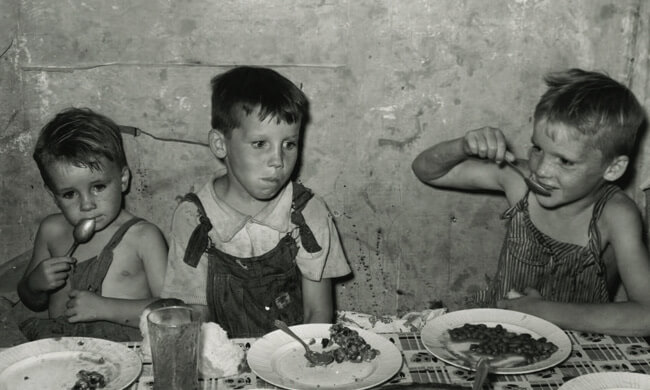
Jacob Riis brought the darkness of New York City’s tenement housing into light with his photos. This forced America to confront the brutal conditions that impoverished people faced.

Despite increased training and safety measures, serious injuries for US meat plant workers is not a thing of the past. This article details the dangers workers face while on the job.
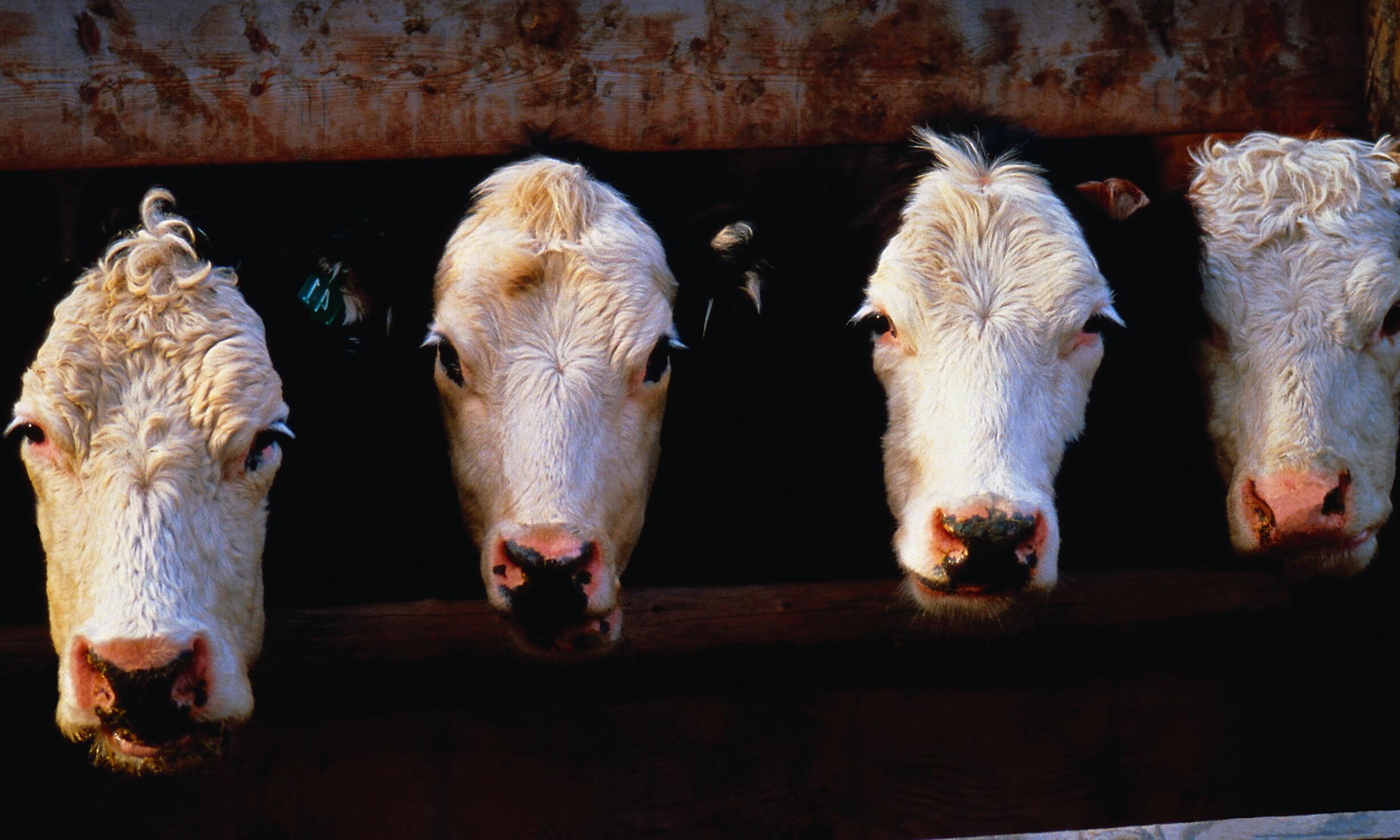
Whistleblowers have cause for alarm due to “ag-gag” laws that prohibit undercover videos of farm activity. While the videos have the potential to harm the agriculture industry, they can also expose illegal and immoral activities.

Can laws make people healthier? A nutrition professor at New York University shares her perspective on the effectiveness of regulation in improving eating behaviors and public health.
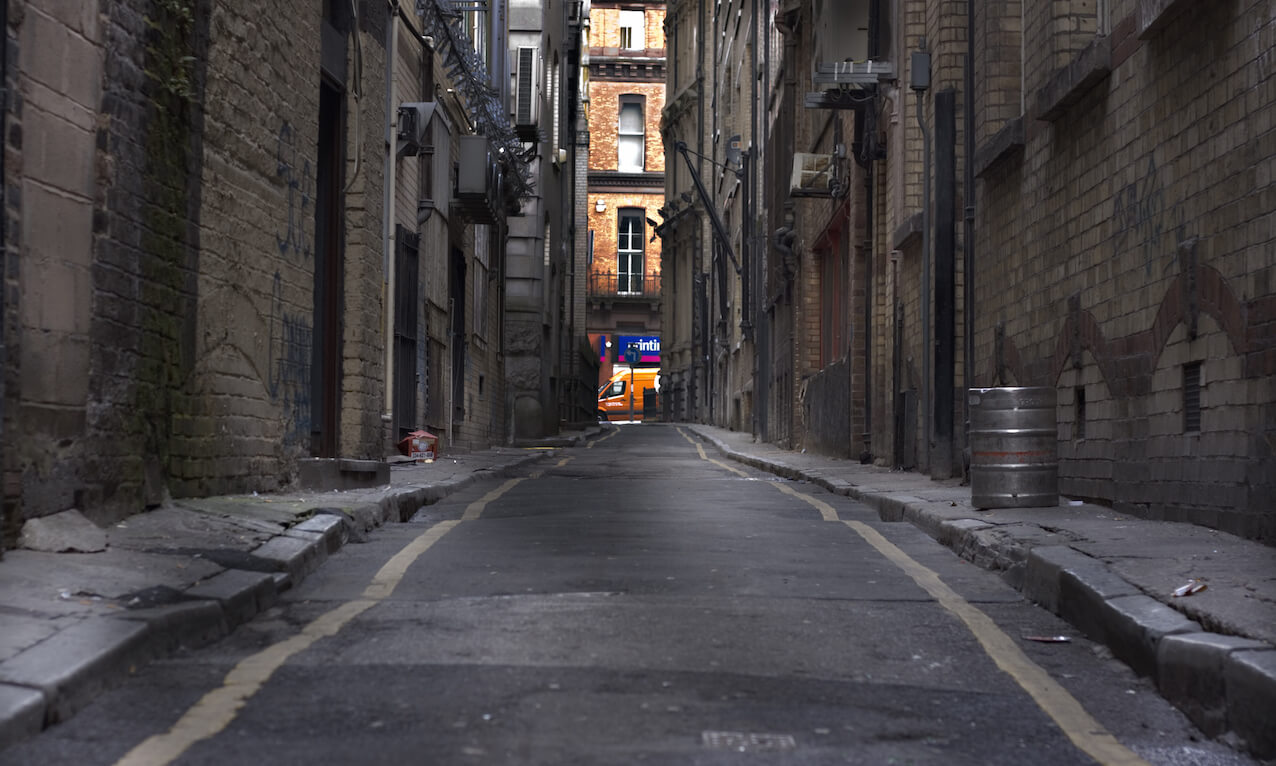
In the last half of the 1800s, thousands of urban poor people, many who were immigrants, lived in overcrowded and unsafe tenement buildings. This article describes how tenements came into being and were eventually phased out.
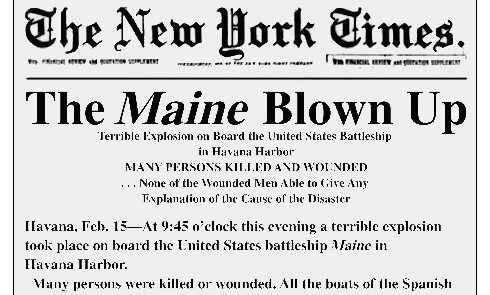
This video gives a brief overview of the event that initiated the Spanish-American War, as well as a history of the Battle of Manila Bay.
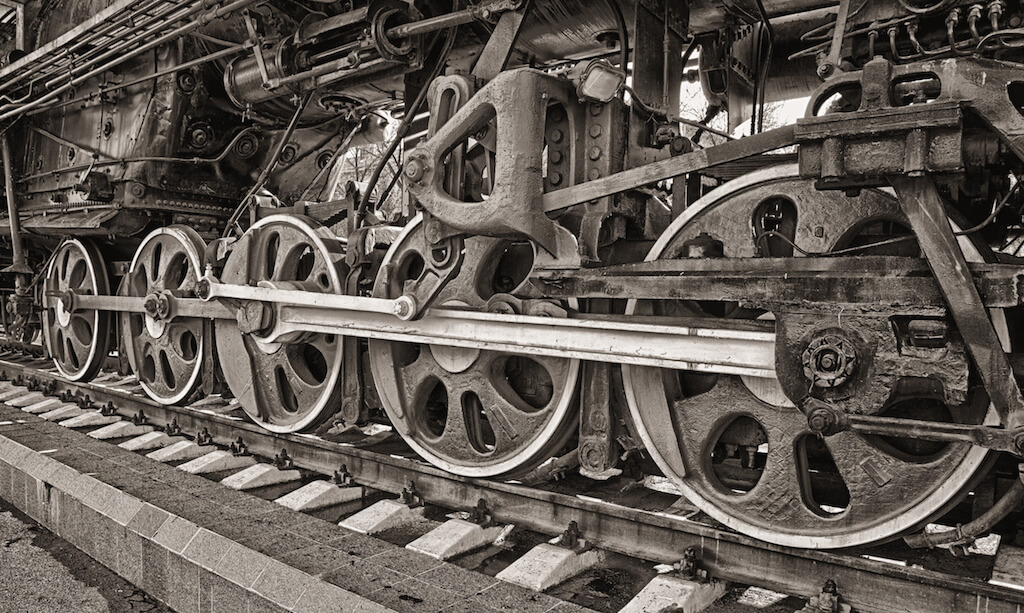
Tech company CEO Richard White compares current internet service providers and how to regulate them to railroad companies of the Gilded Age.

Professor and author Jeanne C. Reesman extols the writing of Jack London.
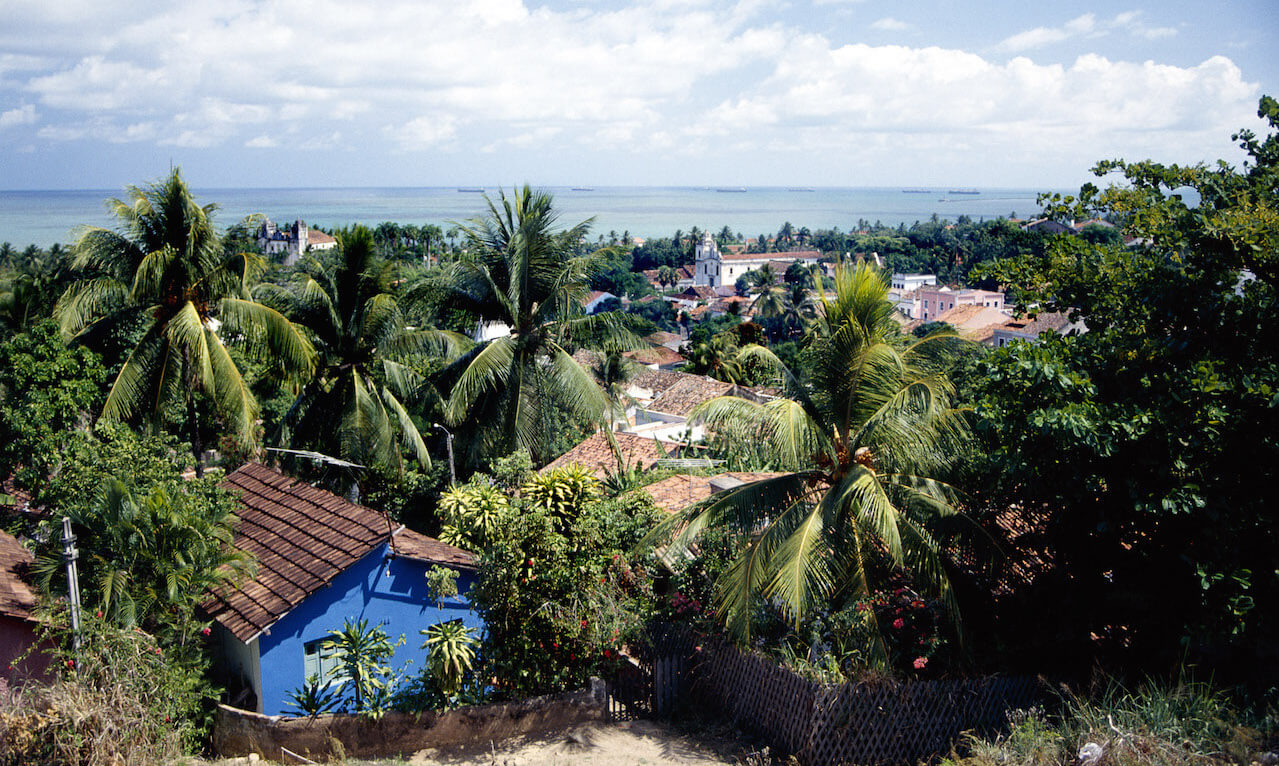
Critic Meghan O’Rourke argues that publishing drafts of Elizabeth Bishop’s work reveals more of the American poet’s brilliance.

In part of its 21st Century Muckrakers series, Nieman Reports, a foundation that seeks to advance the standards of journalism, outlines the obstacles and advantages of contemporary investigative reporting.
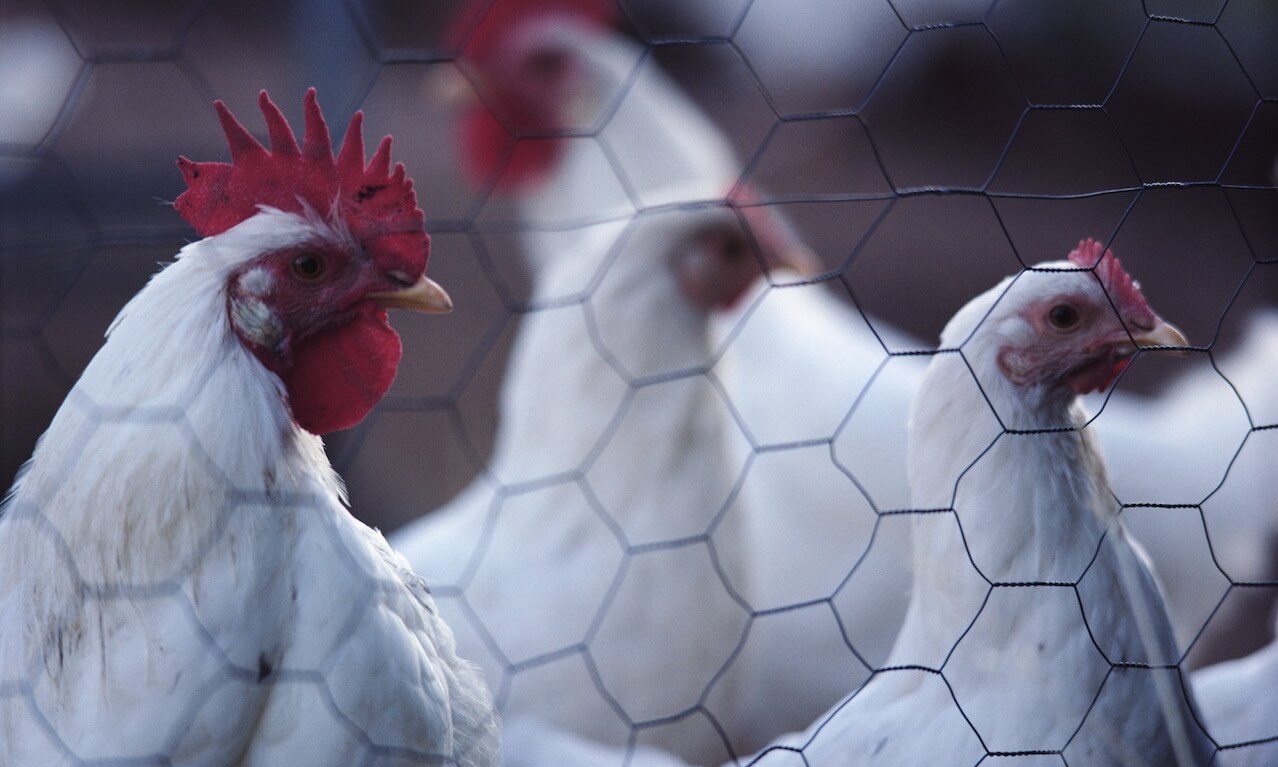
This article documents the current disputes about the safety of workers in the meat processing and meat packing industry.

Critic Jayne Anne Phillips outlines Stephen Crane’s life as she reviews Stephen Crane: A Life of Fire, a 2014 biography of the American author written by Paul Sorrentino.